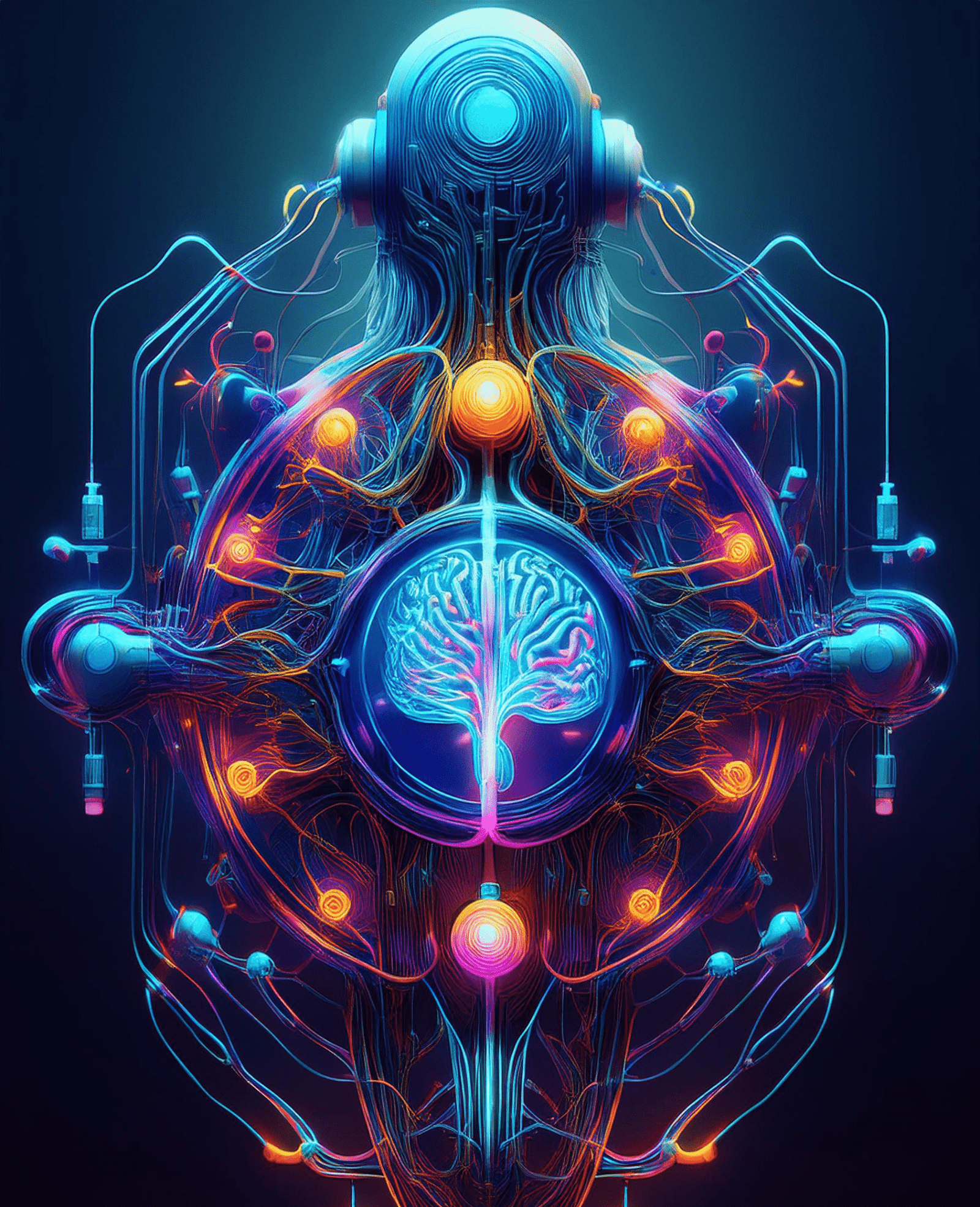- AI-Driven Diagnostics: Speed and Accuracy
- Personalized Medicine: Tailoring Treatments to Individuals
- Operational Efficiency: Streamlining Healthcare Delivery
- Advancing Medical Research: Accelerating Innovation
- Challenges and Ethical Considerations
- The Future of AI in Healthcare
- Conclusion: A Healthier Tomorrow with AI
AI in healthcare 2025 is reshaping the healthcare industry, bringing unprecedented advancements that promise to improve patient outcomes, optimize operational efficiency, and revolutionize medical research. In 2025, AI is no longer a futuristic concept but a core component of healthcare systems worldwide. From diagnostics to personalized medicine, AI’s influence is redefining how we approach health and wellness.
AI-Driven Diagnostics: Speed and Accuracy
One of the most impactful applications of AI in healthcare 2025 is diagnostics. Machine learning algorithms, trained on vast datasets, are now capable of detecting diseases with remarkable accuracy and speed. AI-powered tools are especially effective in identifying early signs of conditions such as cancer, heart disease, and neurological disorders.
Key Example
AI platforms like PathAI are revolutionizing pathology by analyzing tissue samples faster and more accurately than traditional methods. This ensures timely diagnoses and significantly reduces the risk of human error.
Benefits
- Early detection leads to better treatment outcomes.
- Reduces diagnostic wait times, improving patient satisfaction.
- Supports overburdened healthcare professionals with accurate insights.
Personalized Medicine: Tailoring Treatments to Individuals
AI in healthcare 2025 is enabling a shift from one-size-fits-all healthcare to personalized medicine. By analyzing genetic data, lifestyle factors, and medical history, AI systems can recommend treatments that are specifically tailored to individual patients.
Advancements in Genomics
AI tools like DeepMind’s AlphaFold are accelerating the understanding of protein structures, paving the way for breakthroughs in genetic research and drug development. This precision allows for therapies that are more effective and less likely to cause adverse reactions.
Real-World Impact
- Customized cancer treatments based on genetic profiling.
- AI-driven predictions of how patients will respond to specific medications.
- Enhanced chronic disease management through individualized care plans.
Operational Efficiency: Streamlining Healthcare Delivery
Healthcare systems often face challenges such as resource allocation, patient scheduling, and administrative inefficiencies. AI in healthcare 2025 is addressing these issues by automating routine tasks and optimizing workflows.
AI Solutions in Action
- Chatbots for patient triage and appointment scheduling.
- Predictive analytics for hospital resource management, such as bed availability and staff allocation.
- Automated billing systems that minimize errors and reduce administrative burdens.
By freeing up healthcare professionals from administrative tasks, AI allows them to focus more on patient care.
Advancing Medical Research: Accelerating Innovation
AI is revolutionizing medical research by processing and analyzing complex datasets at unprecedented speeds. This capability is driving breakthroughs in drug discovery, clinical trials, and epidemiological studies.
AI in Drug Development
Pharmaceutical companies are leveraging AI to identify potential drug candidates faster and at lower costs. For instance, Insilico Medicine uses AI to design molecules that target specific diseases, significantly reducing the time to market for new medications.
Clinical Trials Optimization
AI algorithms improve participant selection and data analysis in clinical trials, ensuring more reliable and faster results. This accelerates the development of life-saving therapies.
Challenges and Ethical Considerations
While AI in healthcare 2025 holds immense promise, its integration into healthcare comes with challenges and ethical concerns:
- Data Privacy: Ensuring patient data is secure and used responsibly.
- Bias in Algorithms: Avoiding disparities in AI outcomes by using diverse datasets.
- Regulatory Compliance: Navigating complex regulations to ensure AI systems meet safety standards.
Addressing these challenges requires collaboration between technologists, healthcare professionals, and policymakers.
The Future of AI in Healthcare
The role of AI in healthcare 2025 will continue to expand, with emerging technologies like natural language processing (NLP) and augmented reality (AR) further enhancing its applications. Predictive health models, powered by AI, may soon allow for proactive interventions, reducing the burden of disease before it manifests.
Conclusion: A Healthier Tomorrow with AI
AI in healthcare 2025 is not just transforming the industry; it is saving lives and building a foundation for a healthier future. By enhancing diagnostics, personalizing treatments, and streamlining operations, AI is addressing some of the most pressing challenges in medicine. As we navigate its ethical and logistical hurdles, the potential of AI in healthcare remains boundless, promising a future where advanced technology and compassionate care work hand in hand.




